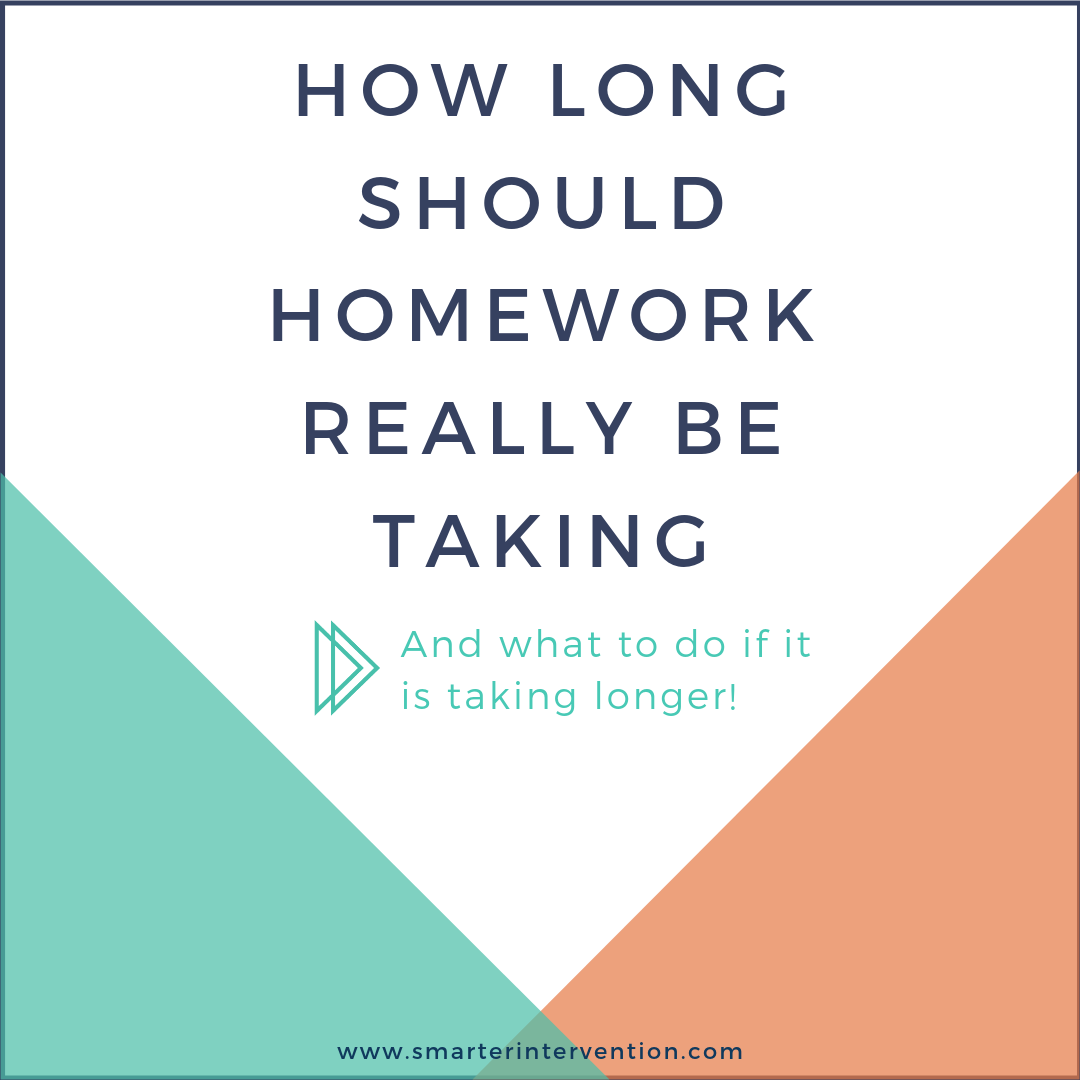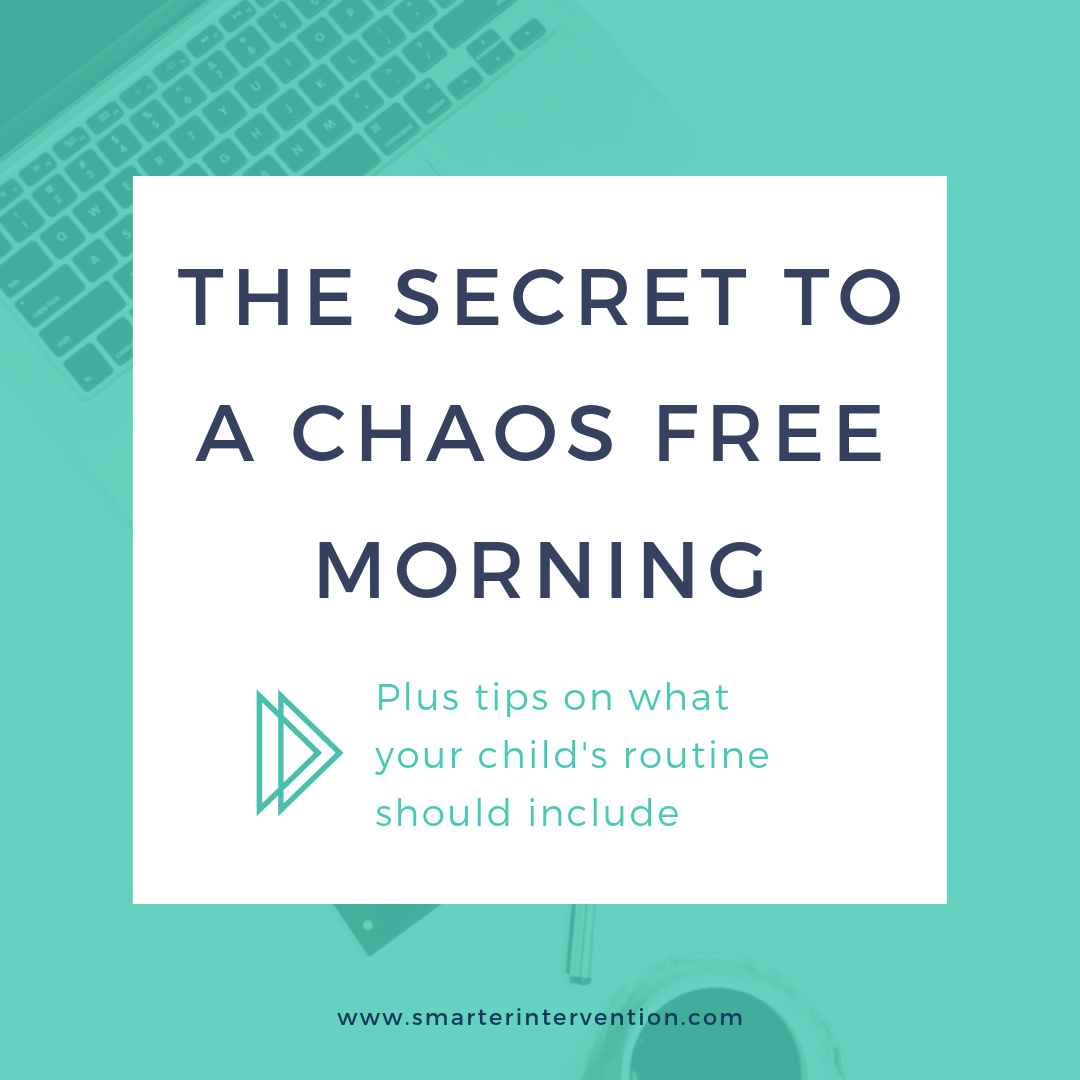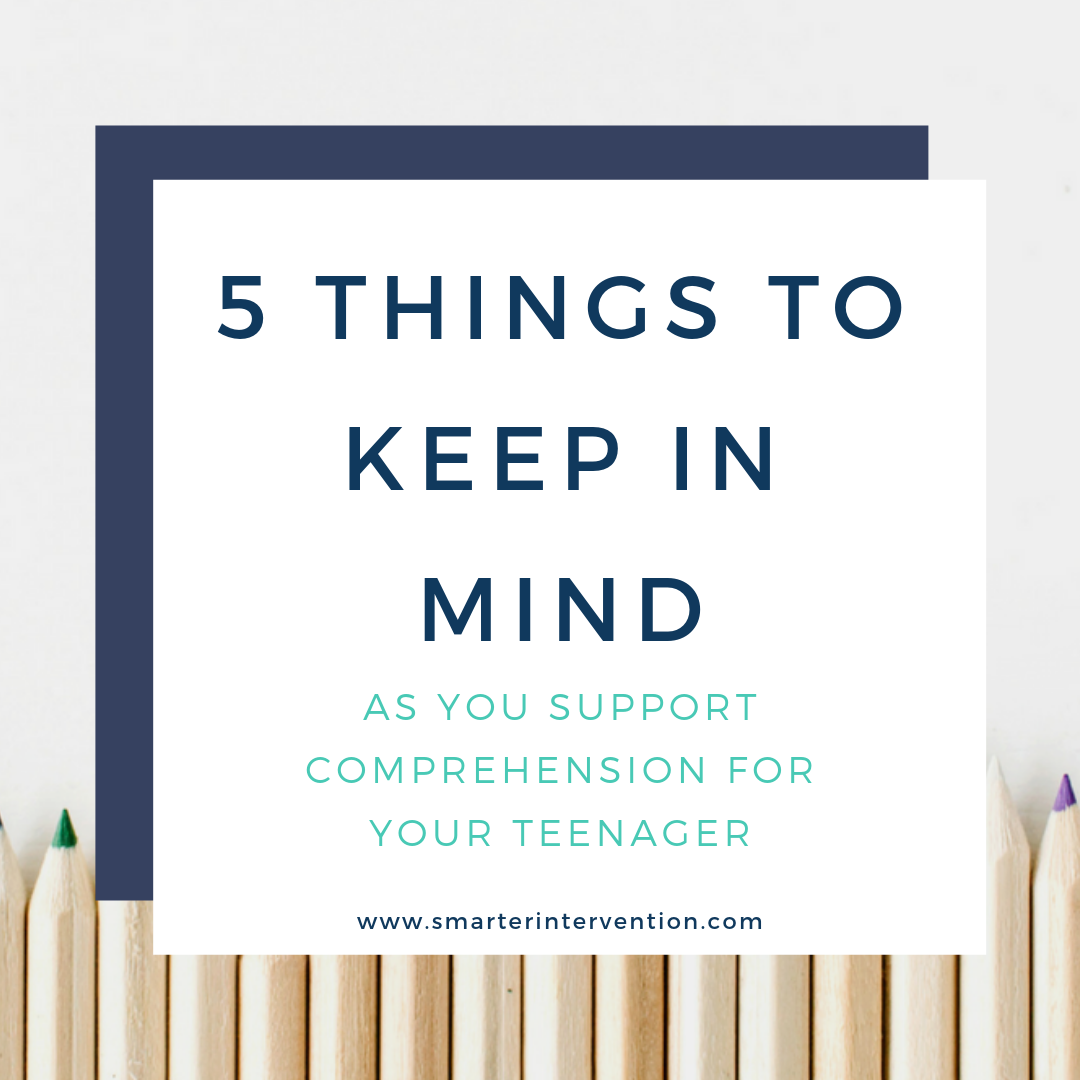Science-based literacy resources and articles
for families, educators and schools
Search by Category:
Categories
- Advocacy
- Authentic Literature
- Business
- Comprehension
- Data Tracking
- Differentiation
- Dyslexia
- Evaluation and Assessment
- Executive Functioning
- Games & Activities
- Helping My Child At Home
- How To
- IEP/504 Plan
- Lesson Planning
- Math
- Online Intervention
- Organization
- Parents
- Phonics
- Phonological Awareness
- Reading Comprehension
- Reading Fluency
- Research
- SLP
- Spelling
- Vocabulary
- Writing
3 Easy Steps to Make This School Year the Best One Yet
It's that time of year again! Time to go back to school! For some of your kids, this might be an exciting time. They are excited about new teachers and school supplies, and can't wait to see their friends again.
For other kids, this may seem like the worst time of year. They might be anxious about the amount of work they will have this year, or having a new teacher.
Is it Just My Kids, Or...
Does this sound familiar to you…..
Parent: How was your day?
Kid: Good.
Parent: That’s great! What did you do?
Kid: Nothing.
3 Tips to Decrease Temper Tantrums
We all know the feeling... Your child is having a melt down in the check out line at the store because they want you to buy their favorite candy bar for them. A refusal to this request can lead to screaming, crying, and maybe even a full blown tantrum. This can be embarrassing, stressful, and incredibly frustrating to deal with when there are so many people around! Many parents are probably wondering, "How can I avoid this?"
Why You Should Hope Your Child Loses
Every single day children are presented with learning opportunities for Executive Functioning skill development, many of which go unnoticed.
This can be for a few different reasons. First, the child and parents may be focusing on something else. Many of our students struggle with learning disabilities, so the struggle to get through their
#1 Tip for Helping Your Students Time Block Their Homework
Discover the power of time blocking in education and how it can transform your students' learning experience. Learn how to help families understand appropriate homework time limits based on grade levels and identify potential academic struggles early on. Unlock valuable insights to support your students effectively!
How Long Homework Should Really Be Taking
It is not uncommon for families to come in concerned because their child's homework is taking what seems like forever to get through. Homework struggles can stem from multiple causes. It can be hard, it can be boring, or, it could be a sign of an underlying struggle for your child.
The rule we advise families to stick with is 10 minutes per grade level per night. That means if you have a second grader, he or she should be doing 20 minutes of homework each night.
The Secret to a Chaos Free Morning
If you are anything like us, your mornings probably go something like this:
"MOM! MOM! I can't find my shoes!"
"They are under the table, where you left them yesterday."
"Mom! I forgot. I need you to sign these 72 papers for my class field trip today!"
"Why aren't you dressed yet? We were supposed to leave 10 minutes ago! Stop playing and go get dressed!" (10 minutes later...still not dressed).
Is My Child Struggling With Executive Functioning?
Worried that your child is struggling with skills related to Executive Functioning? Not sure what Executive Functioning is? Looking for answers to help your child succeed? You're in the right place. Executive Functioning is a term that has gained popularity in recent years. It refers to the skills that we use every single day like planning, paying attention, following directions and emotional regulation. For more information about what Executive Functioning is, you can read our blog, "What is Executive Functioning?
4 Ways to Build Your Child's Language Skills at Home
Students with expressive/receptive language disorders face a number of challenges in school. It is estimated that 1 in 20 students have some type of language disorder. These students are often working overtime to cope with their challenges and their struggle can go undetected or be misunderstood.
Language skills are at the heart of early literacy development and a key component to your child’s success in school.
3 Tips For Teaching Your Child The Alphabet At Home
If you have a Pre-School or Kindergarten aged child, then you are aware that a large part of their reading readiness instruction at school is focused on the alphabet. The alphabetic principle is one of the first, and most important, skills a student needs to learn in order to be a successful reader.
The alphabetic principle means developing the understanding that letters are symbols that have a specific sound or sounds.
The Secret You Need To Know Before Teaching Your Child The Alphabet
Unveil the secret to teaching the alphabet effectively! Discover how to connect letters to sounds, foster phonemic awareness, and enhance literacy skills. Explore hands-on activities and strategies for early literacy success.
5 Things to Keep in Mind as You Support Comprehension for Your Teenager
All things change right...from having your little one on your lap to having a moody teenager that believes nothing you do is good or right. Well just as they change - the strategies we use to help them must also change. Unfortunately for many readers, especially struggling readers - the struggle to fly under the radar and just keep up in the classroom, came at the cost of actually developing strategies and supports that would help them really understand their reading.
5 Things to Keep In Mind as You Read to Your Little Ones
Bed time stories can be such a treasured part of the family routine for young children. The ability to listen to stories and imagine and learn new words is truly magical. However, sometimes as parents, we may find ourselves going through the motions and missing out on some of the deeper level connections and meaning we could begin modeling for our children.
Here are a few strategies and things you can be thinking about as you are reading with your child. Keep in mind, you don't have to be presenting ALL of the strategies EVERY time you read. Pick and choose so it doesn't feel like it has become a school lesson :)
3 Reasons Your Child Isn't Understanding What She Reads
We know that comprehending what we read is the sole purpose of learning HOW to read. But surprisingly schools have placed a heavy emphasis on how quickly children read instead of how effectively they are comprehending the material they are reading. While your child may awe you with their oral language abilities (their ability to tell you about complex things going on in the world) you might be surprised to find that your child's reading comprehension skills are breaking down. :
A Fun Way to Support Phonological Awareness at Home
Research is very clear that Phonological Awareness is a foundational strategy for students to obtain the necessary literacy skills to read and spell effectively and efficiently. However, teaching older students phonological awareness skills can be difficult because many of the resources out there are geared towards younger students and the images, worksheets, and resources can be insulting to older students.
5 Signs the Homework Battle is Actually Something More
If you are fighting over homework every night - it's time to figure out what is going on. Often well meaning parents and teachers attribute a student's difficulty finishing or completing work to laziness, but the reality is that is just rarely ever the case. It's important that parents don't lose out on a more positive relationship with their child and get to the bottom of the homework struggle as quickly as possible. Often this struggle is caused by an unidentified learning disability - by identifying the core cause of the difficulties and outlining a plan you could change the future for your child.
How Can I Help My Child Pay Attention? EF: Sustained Attention
Sustained attention is the ability to pay attention to something for a long period of time, even if it is a non-preferred task.
While paying attention to something that isn’t interesting to you is hard for anybody, it is especially difficult for our kids with ADHD and other attention struggles. This can affect everything from school, to work, to their social life. Here are a few tips/ tricks to practice with your child to help them build their sustained attention skills.
How to Create a Study Schedule For Your Child
Far too often we see children waiting until the night before a test to start reviewing, causing undue stress. By getting into the habit of chunking (breaking down the workload into smaller, more manageable pieces) you can not only help your child get through their tests now but also set up better study habits for the rest of their lives.



















